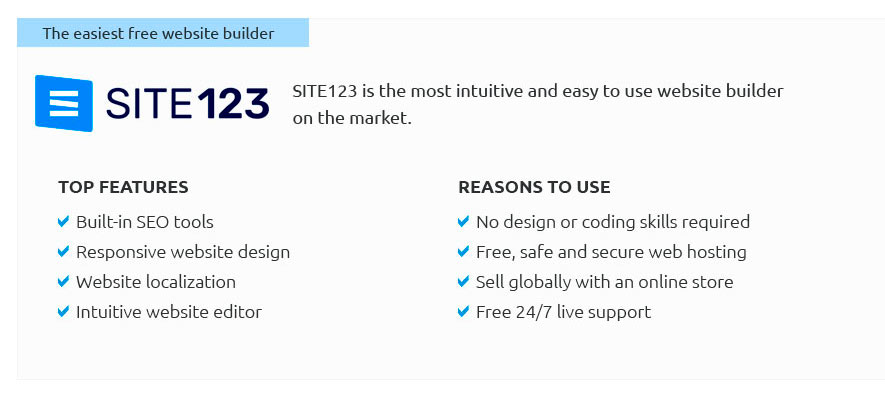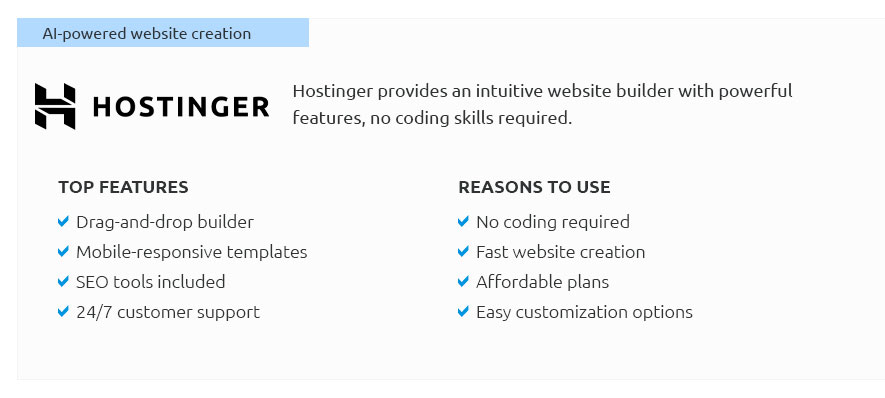 |
 |
 |
 |
|
 |
 |
 |
|
 |
|
 |
 |
|
 |
|
 |
|
 |
 |
How to Get a Website AddressIn today's digital age, securing a website address, or domain name, is a pivotal step for anyone looking to establish an online presence, whether for personal branding, business, or creative pursuits. The process, while straightforward, requires a thoughtful approach to ensure you select an address that not only represents your identity or brand effectively but also aligns with your long-term goals. Firstly, consider the purpose of your website. Are you launching a blog, an online store, or a portfolio? The domain name should ideally reflect the essence of your content or business. It's advisable to brainstorm a list of potential names, keeping them short, memorable, and easy to spell. Incorporating keywords relevant to your niche can enhance searchability, although one must balance creativity with clarity to avoid overly complex names that might confuse potential visitors. Once you have a few names in mind, it's time to check their availability. Numerous domain registration platforms, such as GoDaddy, Namecheap, and Bluehost, provide search tools to verify whether your desired domain is up for grabs. If your first choice is unavailable, these platforms often suggest alternative names or variations, which might lead you to even better options. Choosing the right domain extension is another crucial decision. While .com remains the gold standard due to its universal recognition, other extensions like .net, .org, or industry-specific ones like .tech or .store can serve your purpose well, especially if they align with your website's focus.
Once you've settled on a name and extension, register your domain. This process is usually quick, requiring basic personal information and payment details. Many registrars offer additional services like privacy protection, which masks your contact information from the public WHOIS database, providing an extra layer of security. Finally, think long-term. Domain registration is typically an annual commitment, but opting for multi-year registrations can save you money and ensure you don’t accidentally lose your domain due to forgetfulness. As you embark on this journey, remember that your domain name is more than just a web address; it’s a crucial component of your online identity, deserving of careful consideration and strategic planning. In conclusion, while the task of acquiring a website address may seem daunting, approaching it with diligence and creativity can yield a valuable asset for your digital endeavors. The internet is a vast, ever-expanding landscape, and your domain is your unique plot of land; make sure it’s one you’ll be proud to cultivate. https://www.pcmag.com/explainers/how-to-register-a-domain-name-for-your-website
The most straightforward way to do so is to visit a domain name registrar, such as A2, GoDaddy, Google Domains, or Namecheap, key in the domain you want to buy ... https://www.quora.com/How-do-I-find-a-website-s-physical-address
The best you can do is find the geolocation of the server that the website is hosted on. You can also look at the owner information and see ... https://www.youtube.com/watch?v=KAr-UUY-2lI
Want to create a website, first you'll have to get a domain. In this domain registration video, I'll walk you through step by step how to ...
|